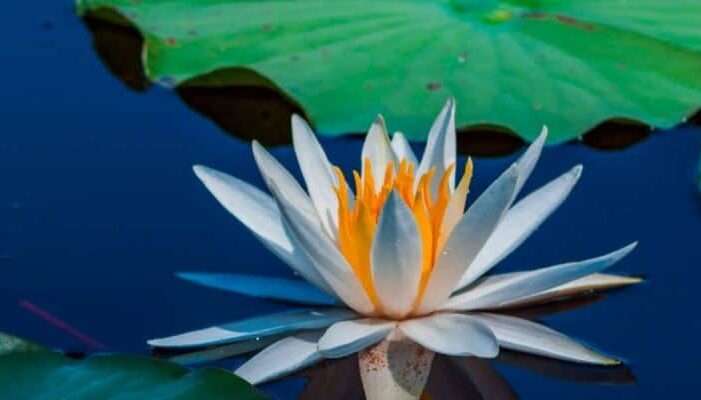POSTS:
Secular Buddhism

A practitioner’s journey to secular Buddhism: Steve
Steve Holdsambeck and his family were deeply involved for many years in the southern (USA) Methodist Church. However, through a very emotional and difficult transition, he began to question his Christian faith and developed an increasing interest in meditation, which eventually led to an interest in Stephen Batchelor's books and secular Buddhism.

Secular Buddhism: to be or not to be a ‘Thing’
Lenorë Lambert argues that if we want to share the benefits of the secular dharma with others, we need to define ourselves more clearly and offer some of the benefits provided by organized groups.

Stephen Batchelor’s program on Mindfulness Based Human Flourishing
Stephen Batchelor offered a series of four workshops last month on the topic of ‘Mindfulness Based Human Flourishing (MBHF): The Ethics and Philosophy of Mindful Living’. The workshops explored the role of mindfulness practice as a key to flourishing in every aspect of human life.

A practitioner’s journey to secular Buddhism: Keith
Keith Clanton's initial religious experience was with Christianity but he has been interested in Buddhism for many decades. He finds that Buddhist teachings in a secular/agnostic form fit well with how he sees the world. Keith has taken vows with a group called the Secular Buddhist Tradition (SBT) and is also active in various SBN groups.

On our fixation with the early texts
Arguing against the widespread view that the commentaries on the suttas are ossified and scholastic readings of the teachings, Bernat Font-Clos urges us to be open to finding in them important insights for our practice.

To be a mensch
In the third of three articles on the topic of Uncertainty, Care and Responsibility, Carmel Shalev discusses how the basic values of care and compassion are strongly connected to a feminine voice and ethics.

A practitioner’s journey to secular Buddhism: Katie
Katie first became interested in meditation and Buddhism through her yoga practice. She found that secular Buddhism's focus on how we can live a good and full life while we are here deeply resonated with her.

What is human flourishing?
Mike Slott offers an account of human flourishing which incorporates Buddhist insights, Marx’s view of human nature, and Martha Nussbaum’s capabilities approach. To flourish, we need to cultivate mindfulness and compassion while creating a society which provides the resources and support for human flourishing for all.

A dialogue on secular dharma
At an online program on Perspectives on Secular Dharma, Stephen Batchelor, Seth Zuihō Segall, Karsten Struhl, and Mike Slott engaged in a wide-ranging dialogue on key topics related to a secular approach to the dharma.

Wisdom, contemplation and action
In the second of three articles on the topic of Uncertainty, Care and Responsibility, Carmel Shalev discusses how the notion of not-self, mindfulness meditation, and the cultivation of the brahma-viharas are the crucial foundations of moral agency in this complex world.

A practitioner’s journey to secular Buddhism: Ira
As a journalist, Ira met some of Buddhism's most important teachers and became interested in the dharma. As an agnostic, he finds a secular approach particularly valuable because there is less emphasis on beliefs and more on what contributes to wellbeing in this life.

The Buddha was a psychologist (maybe)
Arnie Kozak critiques the hagiographic myth of the God-like Buddha and presents Gotama's dharma as a therapeutic praxis, based on important insights about human psychology.

Secular dharma and ethics
Carmel Shalev discusses how the ethical approach of secular dharma is not based on obeying laws but acting mindfully in each situation to minimize harm and promote the wellbeing of ourselves, others, and all forms of life on the planet.

A practitioner’s journey to secular Buddhism: Kate
Kate's interest in Buddhism began when she was a college student and developed further while she was a Peace Corps volunteer and program manager. Over time, she became increasingly skeptical of the adherence to hierarchy and rituals in many Buddhist traditions and moved toward a secular approach to the dharma, one which does not lean on enlightenment as a goal, but fosters a practice that is ethical, practical, compassionate and forward looking.

‘Think different’ to prevent extinction: the value of Gregory Bateson’s Cybernetic Epistemology and Posthumanism for a secular dharma
Hugh Palmer argues that Gregory Bateson's cybernetic epistemology provides an important resource for developing a secular dharma which recognizes our interconnection with nature.
EXPLORE BY SECTION
SEARCH THE SITE
RECENT POSTS








